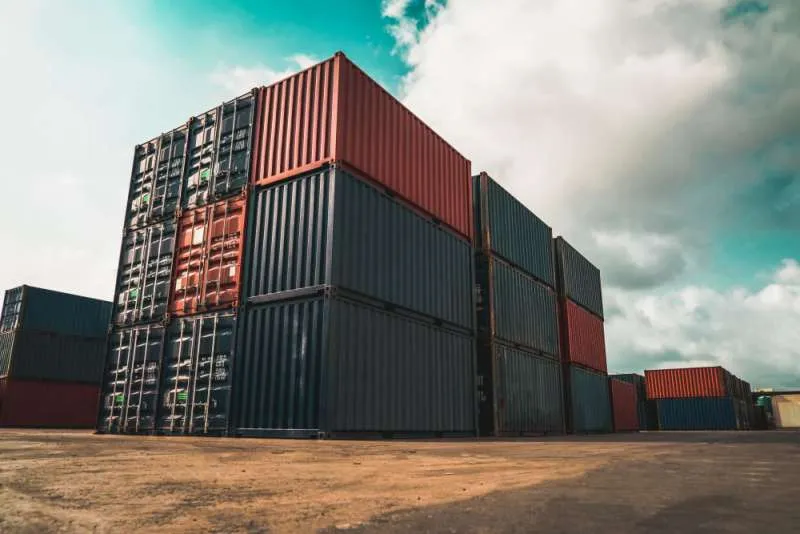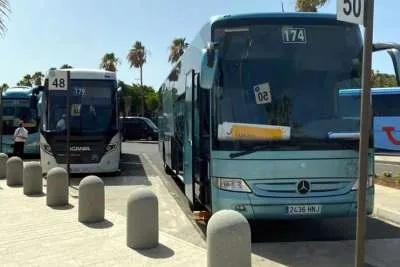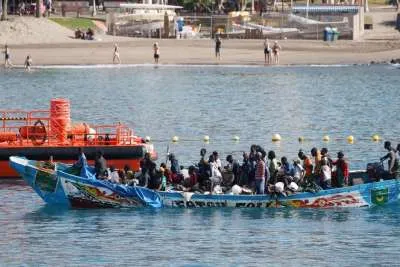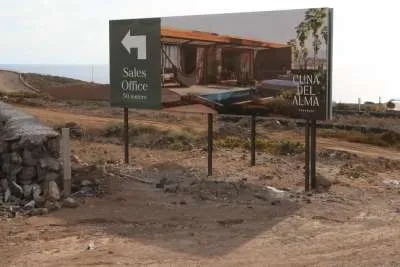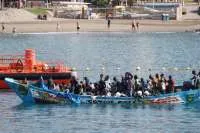How to Import Goods to the Canary Islands: A Guide for Businesses
- 18-05-2025
- Business
- Canarian Weekly
- Photo Credit: Freepik
Whether you're running a shop in Tenerife or supplying materials to a hotel in Gran Canaria, importing goods to the Canary Islands comes with its own set of rules and challenges. Although the islands are part of Spain, they sit outside the EU VAT zone, which affects how goods are shipped and cleared through customs.
From customs declarations to choosing the right route, businesses need to understand the logistics involved to avoid delays and extra costs. This guide explains the best way to move goods to the islands and how to stay compliant with local regulations.
1. The Canary Islands Have Their Own Tax System
The Canary Islands operate under a different tax structure from mainland Spain and the rest of the EU. Most European countries apply VAT to goods, but in the Canaries, the equivalent tax is IGIC, the Impuesto General Indirecto Canario. The standard IGIC rate is lower than mainland Spain’s VAT, but goods still need to go through customs on arrival.
All shipments arriving in the Canaries, whether from within the EU or from outside, are treated as imports. This means businesses must:
- Complete a customs declaration for each shipment
- Submit a commercial invoice detailing the contents, value, and origin
- Pay any applicable import duties and IGIC
- Ensure all documents are accurate to avoid customs delays
Even if goods come from other EU countries, they are not automatically cleared. Knowing the local rules helps avoid unexpected charges and keeps deliveries on time.
2. The Best Shipping Route: Road Freight Combined with Ferry Transport
There is no direct road link to the Canary Islands, but shipping freight to the Canary Islands by road and ferry remains one of the most reliable and cost-effective solutions for businesses. One of the most reliable methods is to send goods by road to a port in southern Spain, such as Cádiz or Huelva, and from there, transfer them to a ferry bound for the Canaries.
This road and ferry combination is ideal for a wide range of goods and suits both one-off shipments and regular supply chains. It allows businesses to arrange door-to-door transport with a single logistics partner, from pick-up at the point of origin to delivery at a warehouse or retail unit on the islands.
This method is also compatible with groupage services, which are particularly useful for smaller shipments. Rather than waiting to fill a whole truck, businesses can share trailer space with other importers, which keeps costs down and allows for more flexible scheduling.
3. Groupage Services: A Smart Choice for Many Businesses
Groupage is a form of consolidated freight, where multiple businesses share space within the same truck or container. It is a practical option for smaller shipments, especially for businesses that do not require full trailer loads or want to import more frequently in smaller volumes.
This approach offers several benefits:
- Lower costs, since you only pay for the space your goods take up
- Regular departures and predictable transit schedules
- Secure transport, especially when goods are palletised and loaded professionally
Groupage is suitable for a wide variety of goods and is widely used by importers across sectors, from retail to hospitality. It also allows businesses to stay flexible with inventory levels and respond quickly to seasonal changes or customer demand.
4. Getting the Paperwork Right
One of the most common causes of delays at customs is incorrect or incomplete paperwork. For every shipment, importers must make sure they prepare the right documents in advance. These typically include:
- A commercial invoice showing product descriptions, quantities, and values
- The correct HS codes for customs classification
- An EORI number if shipping from or to the UK
- Any certificates of origin or proof of preferential tariffs, if applicable
- Customs declarations (DUA) and other forms as required by Spanish customs
If importing from the UK, businesses also need to account for post-Brexit customs changes, including separate export and import declarations. Although customs clearance can be handled by a third party, importers remain responsible for providing accurate and complete information.
Planning ahead and ensuring the documents match the goods being shipped helps prevent delays and makes customs clearance faster and smoother.
5. Practical Tips for Smooth Importing
To make sure your goods arrive on time and without complications, consider the following tips:
- Use pallet delivery whenever possible. Palletised goods are easier to load, unload, and protect during transport, especially in groupage shipments.
- Plan for delivery times that include both the road journey to southern Spain and the ferry crossing to the Canary Islands. Ferry services do not operate as frequently as road haulage, so factoring in time for the sea leg is important.
- Work closely with your freight forwarder. Share all shipping documents before collection so they can review and process everything in advance. This helps avoid problems at the port or during customs checks.
- Keep records of all shipments. Storing digital copies of invoices, declarations, and transport documents helps you stay organised and respond quickly if authorities request further information.
Conclusion
Importing goods to the Canary Islands is not as straightforward as shipping within mainland Spain or the EU. The islands have their own tax rules, require customs clearance, and depend on a combination of road and ferry transport for deliveries.
However, with proper planning, the right paperwork, and a clear understanding of the route, businesses can build a reliable and cost-effective supply chain. Whether you import regularly or are planning your first shipment, choosing the right freight solution is essential to keep things running smoothly.
